3 Really Important Takeaways From The Paramount Consent Decrees Ruling And How It Could Affect Theaters
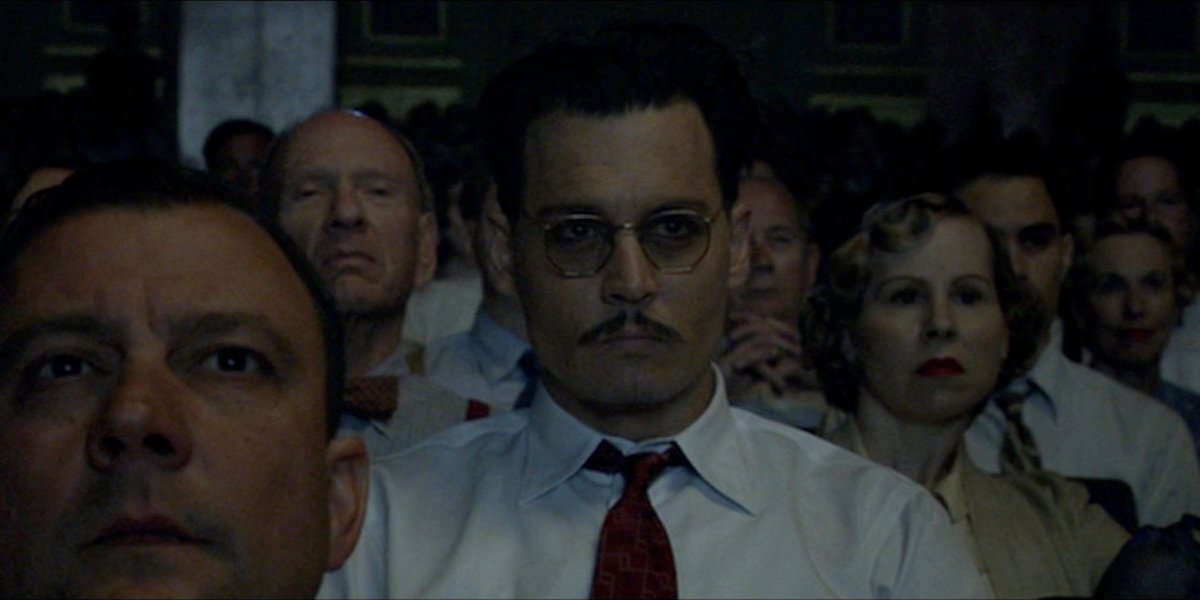
Major Hollywood history has been made today, as a ruling from the Department of Justice has officially terminated decades-long protections in the realm of theatrical exhibition. Known as “The Paramount Consent Decrees,” these protections covered everything from movie studios investing in/owning major theater chains to the way their films could be licensed and shown in theaters overall.
With this landmark decision posing a lot of questions about the already shaky future of theatrical exhibition, now’s the perfect time to go over what this ruling could mean for movie theaters going forward. But first, we have to start with a quick history lesson about what exactly the Paramount Consent Decrees were, and how they came to be.

What Are The Paramount Consent Decrees?
In 1948, the Supreme Court Decision United States v. Paramount Pictures, Inc. ended three key practices when it came to theatrical exhibition. The decision agreed with the accusations that major studios, like Paramount and Warner Bros, had an unfair advantage when it came to releasing films to the general public. In an era where antitrust sentiments were fresh in the minds of the public, common practices such as vertical integration, block booking and circuit dealing were prohibited. Now, with each of those prohibitions off the table, as reported by THR, the following actions might become more commonplace in the near future.
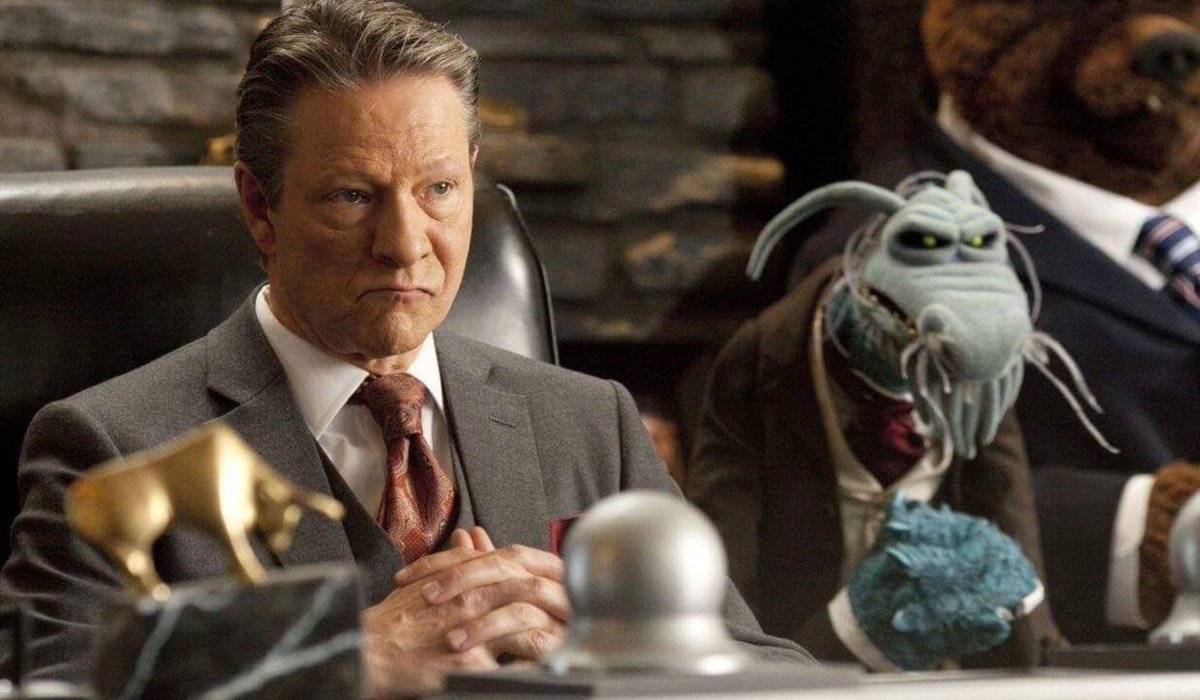
Major Studios Could Buy Into Major Theatrical Chains
Thanks to United States v. Paramount Pictures, Inc., a major movie studio like Paramount was unable to hold a significant ownership stake in a major theatrical chain; something that falls into the term “vertical integration.” While we’ve seen streaming content producers like Netflix and Amazon trying to acquire theaters, respectively, on minor and major scales, the Paramount Consent Decrees have been seen as the law of the land that has held up such purchases.
With those restrictions being terminated, it would be possible for a movie studio like Universal to buy into, if not completely take over, theater chains like AMC Theatres or Regal Cinemas. Under vertical integration, a studio would own the means to both produce movies and to distribute them through their own favored theater chain. Hold on though, it gets worse.
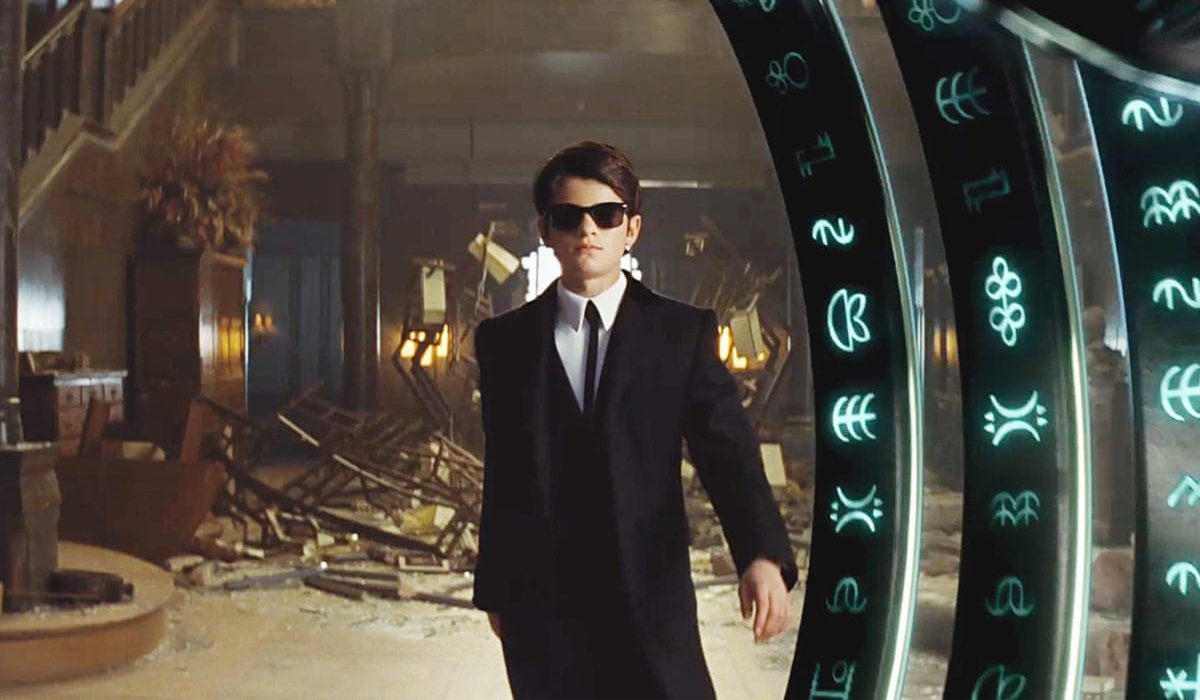
Licenses To Show Big Ticket Blockbusters May Come Bundled With Other
The next prohibited practice, known as “block booking,” saw studios ensuring that a whole bunch of movies were bundled together when offering licensing packages to studios. Big blockbusters were bundled with smaller B-movies that were made and valued at cheaper rates. So in one fell swoop, a studio like Paramount was able to ensure that not only their big ticket titles were shown, but they used those movies as bait to sell off a bunch of unknown prospects. Overturning United States v. Paramount Pictures, Inc means that if a major studio wants to engage in such a deal again, the floodgates holding them back are now gone.
Returning to Disney as an example, the studio would now be allowed to dictate even more restrictive terms stating that if theater owners wanted to show Mulan in their locations, they’d also have to purchase the licenses to other films they want to ensure the success of; like, say Artemis Fowl, Onward, Soul and The One and Only Ivan. Oh, and back in the day, such agreements could done with merely a title and a dream, rather than a finished product on display. While we might not see such a gamble taking place at first, the door is now potentially open.
Your Daily Blend of Entertainment News
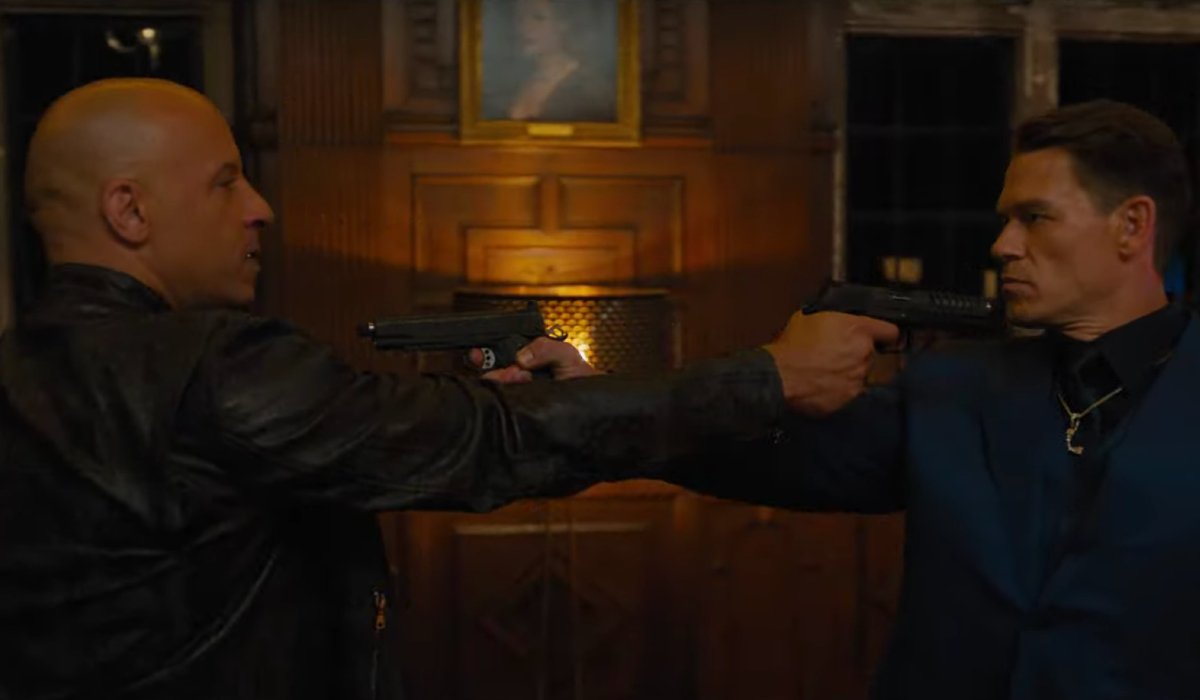
Theatrical Chains Might Be Able To Block Smaller Chains From Accessing Movies
The last and potentially scariest restriction to be lifted by overturning United States v. Paramount Picture is that of “circuit dealing.” Per historical precedent, circuit dealing was the practice of major chains buying all-in licenses for their entire chain; rather than on an individual basis per film, per location. So if you take the recent deal with Universal and AMC as an example, under the fall of this particular legal hurdle, Universal could issue a license to AMC to show a particular film or bundle of films with block booking in effect. However, IndieWire’s comments on a recent decision pertaining to circuit dealing brings back some recent, unhappy memories between those partners:
If a studio decides to book with the competition in a given community, usually a Mom-and-Pop venue, then the exhibitor will threaten to bar that film (or future films) from playing the entire chain.
Without protection against circuit dealing, the threat of blocking a movie like F9 from all AMC Theatres locations could happen if the terms of booking do not meet the theatrical exhibitors liking. Which means if AMC owns Universal and Disney owns Regal, if one theater disrespects the terms and conditions of the other’s home studio, they’re not getting those movies. Worst of all, independent/non-profit theaters could suffer, as they aren’t linked to a studio or corporation; which makes them less able to compete in the grand scheme.
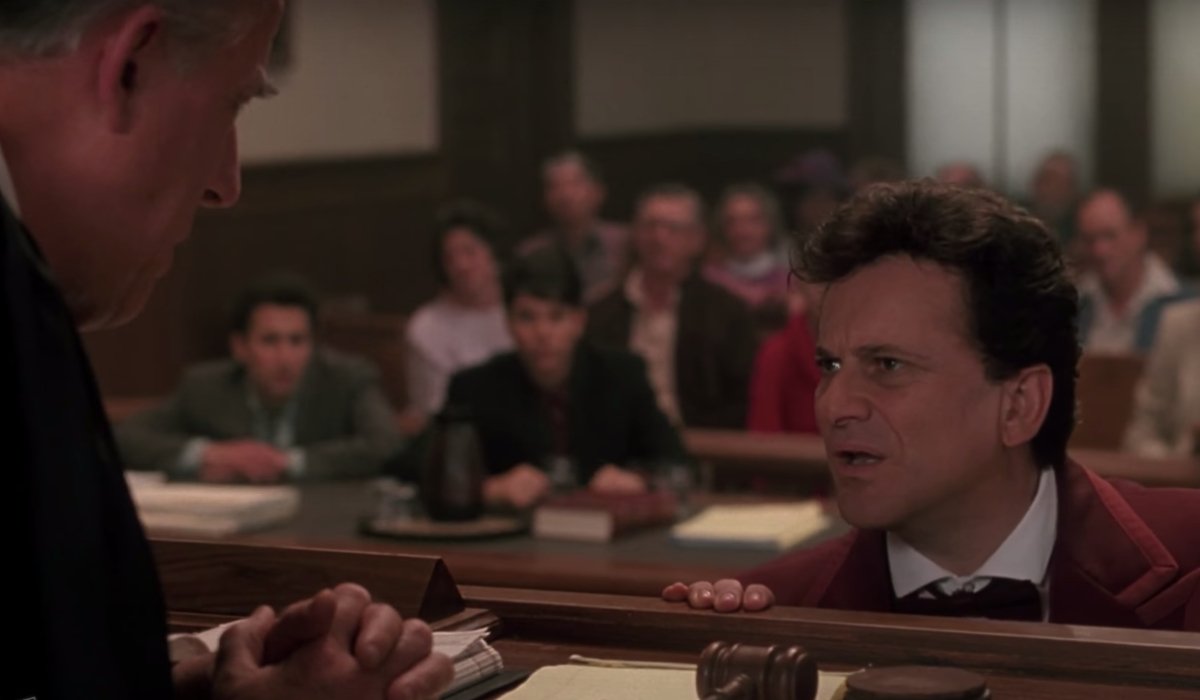
What Happens Next For The Paramount Consent Decrees
U.S. District Judge Analisa Torres’ decision to terminate the Paramount Consent Decrees isn’t an instant magic wand that removes these long held rules of fair play. According to Deadline, there will be “a two-year sunset period” before these decrees are taken down. After which point, it’ll be open season when it comes to the takeaways we’ve discussed above. But in the two year-ticking clock we’re about to see wind down, there could be a chance for more legal wrangling to try and undo this decision; something that’s even more important to consider with a new presidential election potentially changing the makeup of the Department of Justice in the years to come.
While the Paramount Consent Decrees leveled the playing field for indie moviehouses and big box cineplexes alike, their termination could lead to equal parts uncertainty and repeated history. Studios and theater chains are undoubtedly planning how to best take advantage of this brand new age of theatrical exhibition, especially when streaming platforms like Disney+ have further confused the waters. We’ll have to wait and see where things go from here, but as new developments make their way to the table, CinemaBlend will be here to help break them down for you, dear readers.

Mike Reyes is the Senior Movie Contributor at CinemaBlend, though that title’s more of a guideline really. Passionate about entertainment since grade school, the movies have always held a special place in his life, which explains his current occupation. Mike graduated from Drew University with a Bachelor’s Degree in Political Science, but swore off of running for public office a long time ago. Mike's expertise ranges from James Bond to everything Alita, making for a brilliantly eclectic resume. He fights for the user.

